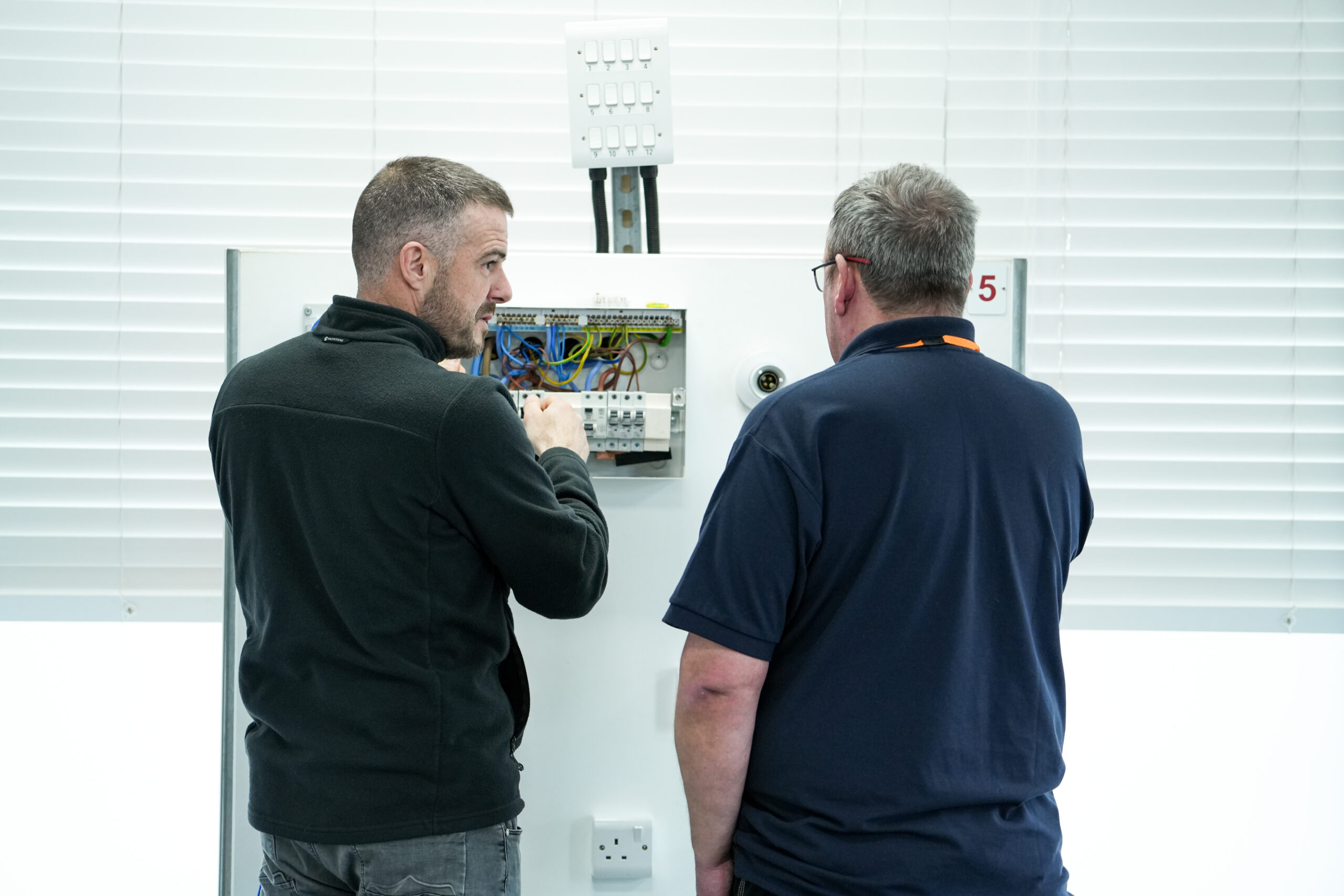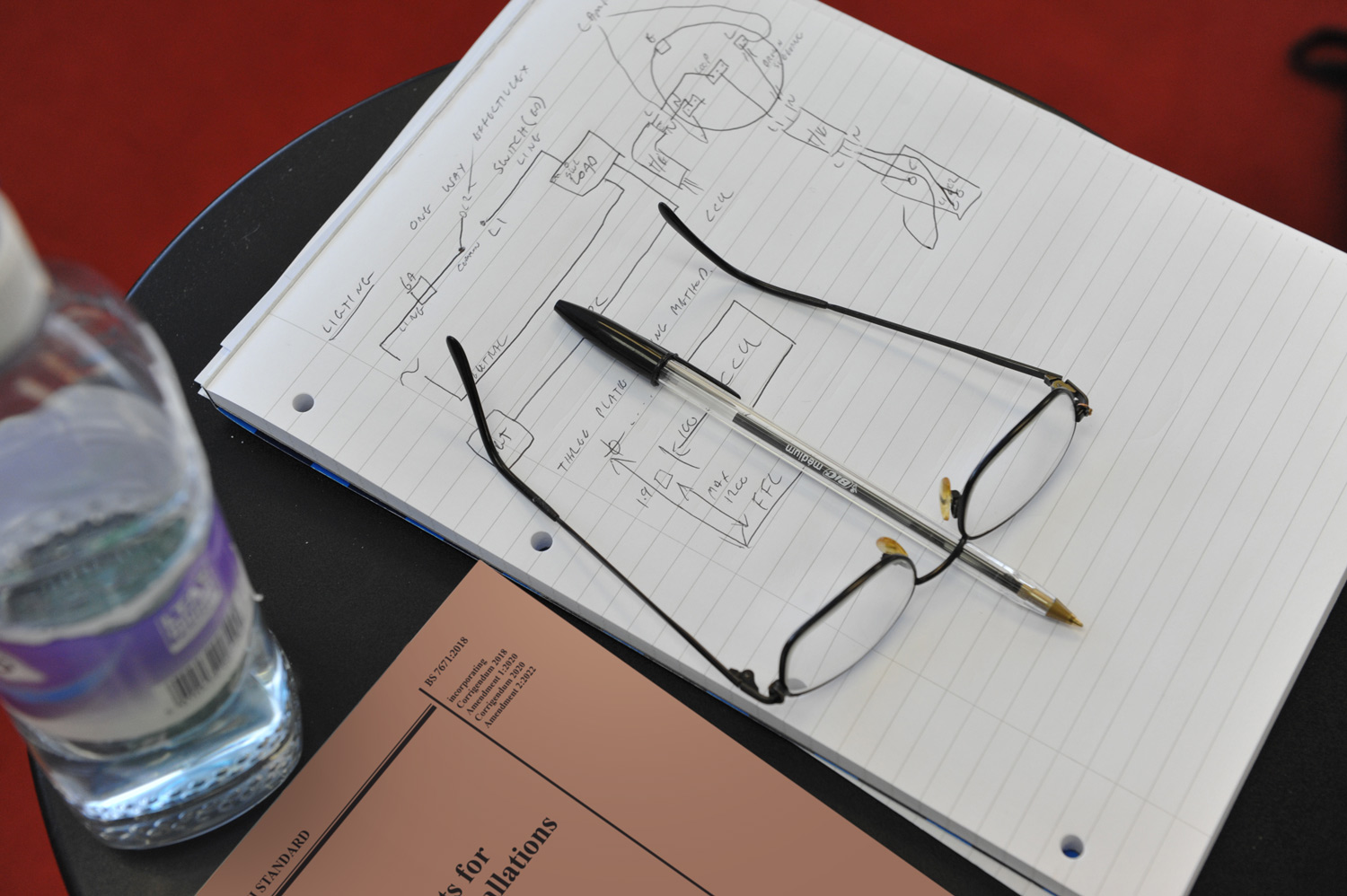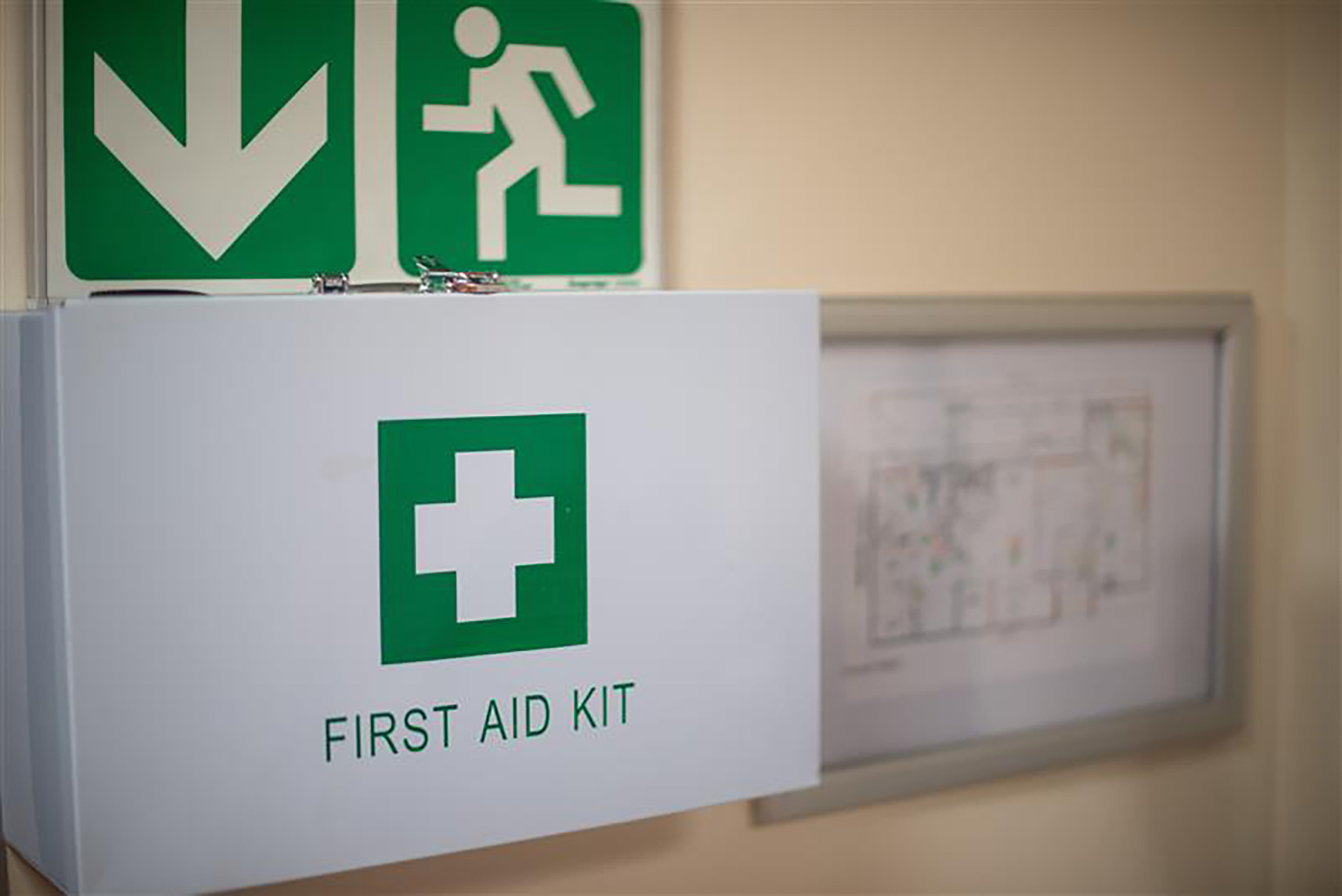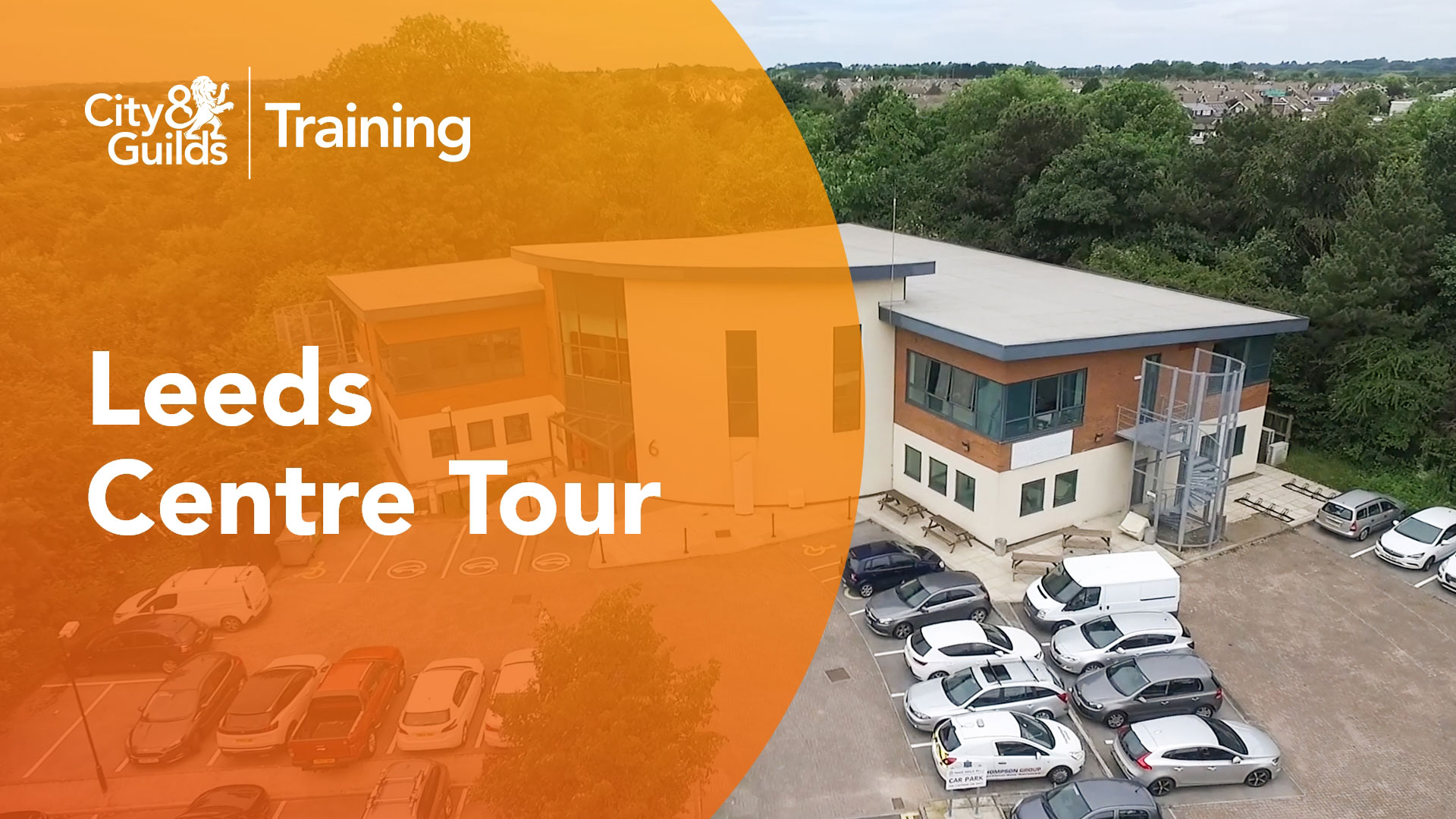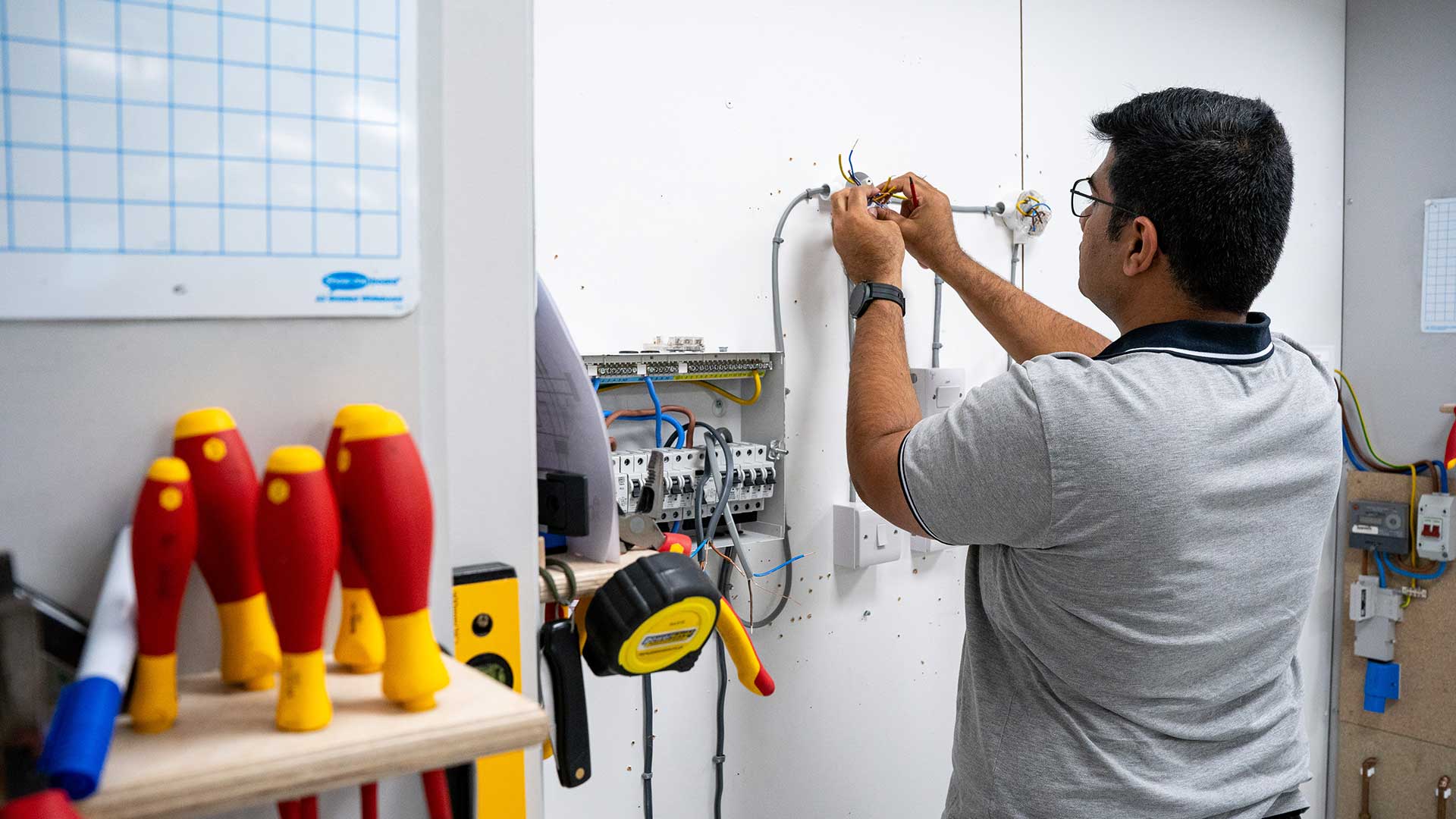Electrical exams can be daunting, but with the right preparation and mindset, success is within reach. Whether you’re gearing up for a practical demonstration or a written assessment, following these top tips can help you navigate the exam process with confidence and become an electrician in the UK.
Before the Exam
- Review Your Notes and Create Flashcards: Revisiting your course notes is essential groundwork. Organise key concepts into flashcards, incorporating visual aids and colour coding to aid recall. Actively testing yourself with flashcards can reinforce your understanding and help you retain information more effectively.
- Practice Past Exam Questions: Your tutor or educational institution likely provides access to past exam papers. Dedicate time to working through these questions, paying attention to the format, structure, and marking criteria. Practicing with past papers familiarises you with the exam style and enhances your confidence on exam day.
- Time Management Practice: Time is a precious commodity during exams. Simulate exam conditions by timing yourself as you answer practice questions. This practice ensures you’re accustomed to allocating time wisely and answering questions efficiently, maximising your chances of completing the exam within the given timeframe.
- Maintain a Positive Mindset: Approach your exam preparation with a positive attitude. Discover and embrace revision techniques that align with your learning style, whether you’re an auditory, visual, or tactile learner. Remember, setbacks are not failures but opportunities to learn and improve. Stay focused, stay positive, and believe in your abilities.
- Prioritise Rest and Sleep: Adequate rest is paramount, especially on the eve of your exam. Ensure you get a good night’s sleep to optimise cognitive function and concentration. Well-rested individuals are better equipped to tackle challenges and manage stress effectively, setting the stage for a successful exam day.
- Use Study Groups: Collaborate with peers or join study groups to share insights and resources. Explaining concepts to others can deepen your understanding while benefiting from their perspectives and knowledge.
- Simulate Exam Conditions: Mimic exam conditions as closely as possible during your practice sessions. Find a quiet environment, set a timer, and adhere to the allotted time for each section to acclimate yourself to the pressure of the real exam.
- Stay Updated with Code Changes: Familiarise yourself with the latest electrical codes and regulations relevant to your exam. Stay informed about any revisions or updates to ensure your knowledge aligns with current industry standards.
- Use Mnemonics and Memory Techniques: Employ mnemonic devices or memory aids to recall complex information and sequences easily. Mnemonics can be particularly useful for remembering lists, formulas, or technical terminology.
- Visualise Success: Visualise yourself successfully completing the exam and achieving your desired outcome. Positive visualisation can boost confidence, reduce anxiety, and enhance mental preparedness for the challenges ahead.
- Seek Feedback: Request feedback from instructors, mentors, or peers on your practice exams and performance. Constructive criticism can help identify areas for improvement and fine-tune your exam preparation strategy.
- Review Weak Areas Strategically: Identify your areas of weakness through practice exams or self-assessment. Allocate additional study time to these topics, focusing on understanding underlying principles and practicing relevant problems until you feel confident in your mastery.
- Stay Organised: Maintain a well-organised study schedule and materials to streamline your exam preparation process. Keep track of key concepts, notes, and practice resources to ensure you cover all essential topics comprehensively.
- Practice Mental Relaxation Techniques: Incorporate relaxation techniques such as deep breathing, mindfulness meditation, or progressive muscle relaxation into your exam preparation routine. These practices can alleviate stress, improve concentration, and enhance overall mental well-being.
- Stay Hydrated and Take Breaks: Prioritise self-care by staying hydrated and taking regular breaks during study sessions. Hydration supports cognitive function, while short breaks promote mental refreshment and prevent burnout, allowing you to maintain peak performance throughout your exam preparation journey.
On the Day of the Exam
- Arrive on time: Set your alarm and plan your journey in advance and account for potential delays. Consider factors such as traffic congestion, public transportation schedules, and parking availability at the exam venue. To minimise the risk of being late, aim to arrive at least 30 minutes before the scheduled start time. Additionally, familiarise yourself with the exam location beforehand to avoid any last-minute confusion or navigational challenges. By allowing sufficient travel time and planning your route effectively, you can mitigate stress and increase the likelihood of arriving promptly for your exam.
- Familiarise Yourself with Exam Requirements: Whether it’s a practical or written exam, acquaint yourself with the necessary equipment and materials. For written assessments, ensure you have essential tools such as calculators or reference guides. Understanding the exam format and requirements in advance minimises last-minute stressors.
- Fuel Your Body and Mind: Nutrition plays a vital role in exam performance. Choose nourishing snacks like bananas and plenty of water to sustain energy levels and mental clarity. Avoid sugary energy drinks, which can lead to energy crashes. Additionally, visit the restroom before the exam to minimise disruptions.
- Flag Uncertain Questions: In multiple-choice exams, don’t dwell on challenging questions. Answer them to the best of your ability, flagging those you’re unsure about for later review. This strategy allows you to allocate time more efficiently, revisiting flagged questions with a fresh perspective before submitting your final answers.
- Memorise Formulas in Advance: For exams requiring mathematical proficiency, memorise essential formulas beforehand. Upon receiving your exam paper, jot down these formulas in the margin to serve as quick references. This proactive approach prevents the risk of forgetting crucial equations during the exam.
- Read and Understand Each Question: Take your time to comprehend the nuances of each question, especially in multiple-choice assessments. Carefully read the instructions and options, noting subtle differences that could affect your choice. Use any remaining time to review and double-check your answers for accuracy.
- Manage Your Time Wisely: Pace yourself throughout the exam to ensure you have enough time to complete all sections or questions. Allocate time proportionally based on the difficulty and point value of each item, prioritising those you feel most confident about while leaving ample time for more challenging tasks.
- Double-Check Your Work: Before moving on to the next question or section, take a moment to review your answers for accuracy and completeness. Look out for common errors, such as calculation mistakes or misinterpretation of questions, and make any necessary corrections to improve your overall performance.
- Stay Calm and Focused: Maintain a calm and focused mindset, even if you encounter difficult or unfamiliar questions. Avoid panicking or becoming overwhelmed by taking deep breaths and reminding yourself of your preparation and capabilities. Trust in your training and approach each question methodically and confidently.
Exams are opportunities to demonstrate your knowledge and skills, not definitive judgments of your worth. If you don’t achieve the desired outcome initially, remember that setbacks are temporary. Reflect on your performance, identify areas for improvement, and approach future exams with renewed determination. Successful electricians are those with resilience, curiosity, and a hunger for learning!
By incorporating these top tips into your exam preparation strategy, you can approach electrical exams with confidence and composure and become an electrician with a successful career in the UK. Stay focused, stay calm, and trust in your abilities. With diligent preparation and a positive mindset, success is well within your reach. Good luck!

